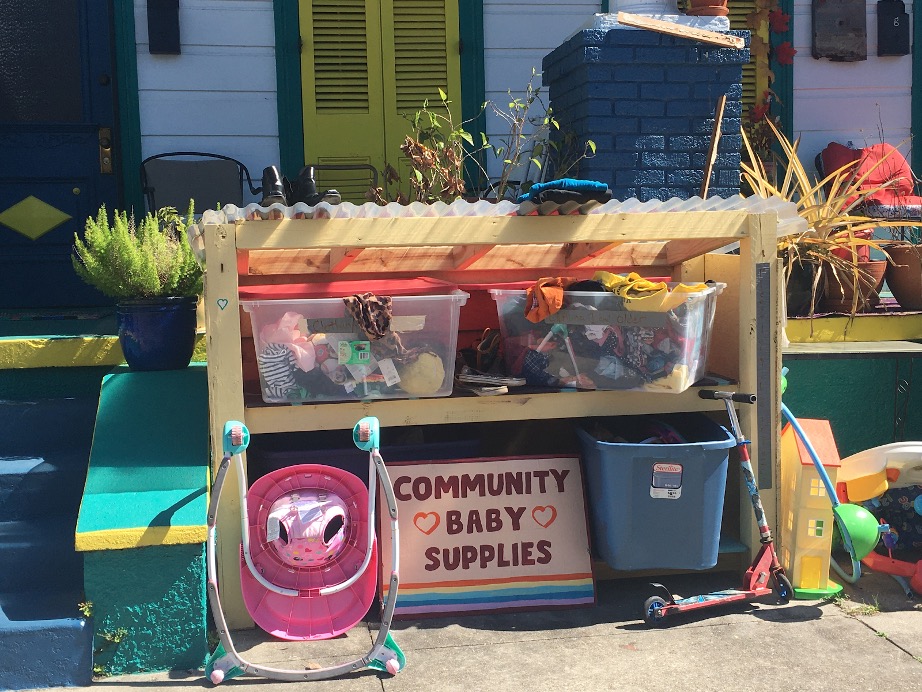
Jennifer Randles, “‘Willing to Do Anything for My Kids’: Inventive Mothering, Diapers, and the Inequalities of Carework,” American Sociological Review, 2020.
One in three American families could not afford diapers for their kids before the pandemic. Now, demand for diapers has grown by almost 400% due to COVID-related financial hardship, and this shortage has disproportionately affected women and low-wage workers, parents who previously relied on employers, childcare centers, or diaper banks. “Diaper need” is causing health problems, racialized stigma, and financial burden as parents must choose between providing diapers and other necessities like food or electricity. New research by sociologist Jennifer Randles examines the overlooked issue of diaper need and the innovative, labor-intensive strategies families are employing to meet it. Over half of [the mothers in the study] named diapers as their most anxiety-inducing household expense. Randles conducted in-depth interviews with 70 mothers of young children. Over half of them named diapers as their most anxiety-inducing household expense, more than food, housing, or electricity.
Respondents raised the health implications of diaper need for both children and parents. Keeping a baby in a used diaper for too long can result in painful rashes, urinary tract infections, and emergency room trips for the child. Mothers in Randles’ study went without medical care, internet access, toilet paper, tampons, food, and other necessities to save diaper money. Going hungry was particularly problematic for moms who were still breastfeeding.
Because diapers are considered fundamental to being a ‘good’ parent, diaper need also caused anxiety, loss of dignity, and stigma for mothers. As one respondent said, “it’s really scary for a mom not to have diapers, not to be able to provide this basic thing for your child.” The psychological consequences were intensified for mothers of color and poor mothers who faced contempt from welfare agents when trying to access diapers for their children due to racialized stereotypes of lazy and irresponsible “welfare queens.” Diaper need is a public health problem without a public policy solution.Diaper need is a public health problem without a public policy solution. Although diapers are a basic hygiene need of early childhood, they are categorized as “unallowable expenses” by aid programs like SNAP and WIC. Most states tax diapers as “discretionary” expenses. As one mother said, “babies need diapers as people. They are not a luxury. They are about being human.” If they were covered under existing welfare programs, parents would not need to face these difficult choices.

Comments